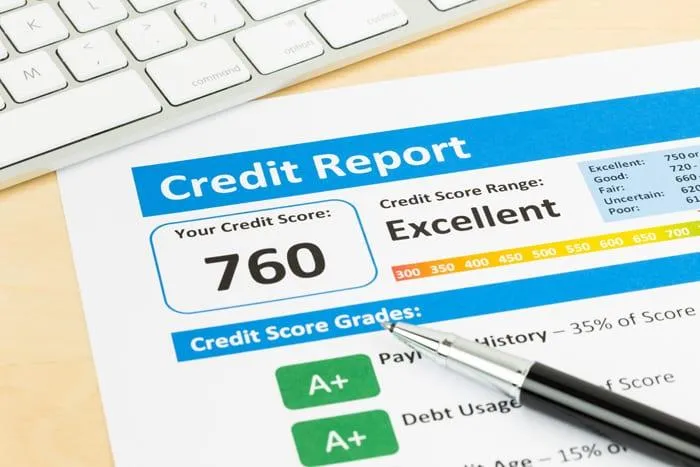We're Helping Small Business Overcome Challenges, Set And Achieve Business Goals through our free business Scan

Establish your business credit
When exploring your business's credit reports, finding no information might suggest that your business hasn't yet established credit. This can occur if personal credit cards are used for business expenses, directing payments solely to personal credit reports. While certain scoring models blend personal and business credit history, others rely exclusively on business-related information. To initiate business credit, consider these pivotal steps: Incorporate or Form an LLC: Segregate personal and business identities by incorporating or establishing an LLC to separate finances. Obtain a Federal Employer Identification Number (EIN): This free IRS service functions akin to a Social Security number for businesses. Open a Business Bank Account: Ensure usage of the business's legal name for the account. Acquire a Dedicated Business Phone Line: Listing it under the legal business name aids in identification. Register with Dun & Bradstreet for a D-U-N-S Number: This unique identifier, free for all businesses, identifies each physical business location.
6 Tips For Building Business Credit

Check your business (and personal) credit
Don’t know if your business has credit? No worries: There are several ways to check your business’s credit reports. Unlike with personal credit reports, there isn’t a legal requirement for the bureaus to give you free access to your business credit reports. All three of the major business credit bureaus — Dun & Bradstreet, Equifax and Experian — will give you a full copy of your business credit report for a fee. Some free services may also give you access or summaries of your business credit reports and scores.



Apply for a business credit card
Building a business credit profile requires accounts and vendors reporting payments to credit bureaus. A business credit card serves as a foundational element. Not only does it contribute to your credit profile, but it also offers tailored benefits and rewards programs advantageous for business needs compared to personal credit cards.

Monitor your credit reports
Maintaining vigilance over your business credit reports is crucial. Errors or fraudulent activities can adversely impact your business credit profile, potentially complicating and inflating borrowing costs. Regularly reviewing your business credit reports multiple times a year enables the timely identification of discrepancies. Should you encounter an error, initiating a dispute with the relevant business credit bureau is the proactive approach to rectify inaccuracies.


Work with vendors that report payments
Strategic alliances with vendors reporting payments to business credit bureaus are invaluable. Beyond utilizing business credit cards, nurturing relationships with vendors who report payments contributes significantly to building a robust business credit profile. Confirming whether current vendors report payments and selectively partnering with new vendors who commit to reporting payments further enhances your business creditworthiness.

Pay vendors early
The Dun & Bradstreet PAYDEX score, ranging from 1 to 100, reflects your payment history with vendors. Timely payments garner a good score, reaching up to 80. However, achieving the highest PAYDEX score necessitates early payments to vendors.


Use your business credit to manage your cash flow
Harnessing your business's credit potential can yield significant advantages. Strengthening your business credit opens avenues for more favorable rates and terms from vendors. These advantages play a crucial role in managing cash flow, essential to a business's vitality. Leveraging a business credit card effectively allows for interest-free grace periods, while lines of credit might carry immediate interest. However, it's imperative to manage credit card balances efficiently to avoid higher interest rates.
